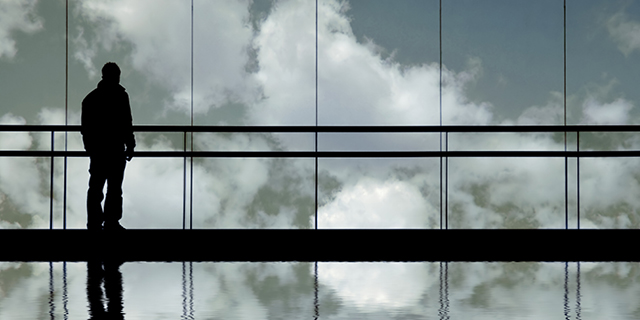Environmental, Social & Governance Briefs
2019
-
Why Disaster Giving Needs Change Today—For A Better Tomorrow
October 22 | Kelly Beckner, Senior Partnerships Manager, GlobalGiving | Comments (0)Airbnb gives consumers choice. Lyft can get you anywhere, anytime. TOMS makes your purchase count for two. Today’s companies significantly impact consumer behavior, from what you do to how you do it, and everything in between. The corporate role in disaster philanthropy—and influence over consumer and employee giving trends—is no different.
-
On Governance: Time to Replace Nominating with Governance Committee
October 18 | Denise Kuprionis, President, The Governance Solutions Group, ESG Center Fellow | Comments (0)Audit and compensation committees have already gone through alignment at many public companies. Now it is the nominating committee’s turn for reordering.
-
How’s My Driving? The Value of Learning from Peers
October 14 | Jeff Sunshine, Program Officer and Manager, Children, Families, and Communities Program, David and Lucile Packard Foundation | Comments (0)Learning and knowledge sharing are important topics in philanthropy. By adopting a learning orientation and exchanging knowledge with others, grantmakers can better position themselves to address the complex problems they’re working to solve today.
-
Q&A with Reeta Roy: Building a Generation of Entrepreneurs in Ghana
October 07 | Alex Parkinson, Former Communications Institute Co-Leader, The Conference Board | Reeta Roy, President and CEO, Mastercard Foundation | Comments (0)What are the hallmarks of an effective program to promote youth education in Africa? According to Reeta Roy, CEO and President of the Mastercard Foundation, no one organization can address the issue alone—partnerships are critical. Achieving bold transformation means bringing together the right leaders and organizations to build on existing momentum in countries like Ghana.
-
Cost of Frequent Mega Disasters Raising the Stakes for Corporations
September 30 | Kitty Dumas, Manager, Ryder Charitable Foundation | Comments (0)Corporations are critical to disaster philanthropy, not just because of the dollars they provide. They are often more nimble than governments in reacting to disasters, providing dollars and services minus the red tape. The Ryder Charitable Foundation, a Disaster Responder member of the Red Cross Annual Disaster Giving Program, is taking the lessons of 25 years in disaster philanthropy and applying them to recent challenges.
-
On Governance: Now is the Time to Designate Proxy Advisors as Fiduciaries Under ERISA
September 27 | Bernard Sharfman, Associate Fellow, R Street Institute | Comments (0)Given that shareholder voting carries with it fiduciary duties, it is somewhat surprising to find that proxy advisors have yet to be designated investment advice fiduciaries.
-
Beyond the Usual Suspects: Community Feedback for Funders
September 24 | Seema Shah, Founder and Principal, CommVeda | Comments (0)Become a funder and suddenly you're the funniest, smartest, and best-looking person in the room. But what if a simple joke like this reveals an underlying truth about inherent power dynamics that exist between funders, nonprofits, and constituents? Funders need to realize that the perspectives of individuals and communities who are directly affected by issues can be quite different that those of nonprofits.
-
On Governance: SEC’s Message to Companies, Shareholders: Don’t Expect Us to ‘Referee’ Proposal Disputes
September 20 | Gary Larkin, Former Research Associate, Corporate Leadership, The Conference Board | Comments (0)The new SEC no-action letter policy could lead to further Rule 14a-8 changes as companies will be forced to engage with shareholder proposal proponents.
-
10 Ways to Improve Your Company’s Disaster Philanthropy
September 16 | Alex Parkinson, Former Communications Institute Co-Leader, The Conference Board | Comments (0)Is your company's disaster philanthropy strategy optimized? September is National Disaster Preparedness Month, the perfect time to review your strategy to ensure that your company is taking a holistic view of disaster preparedness, from long before a disaster hits to long after.



 - Copy.jpg)














